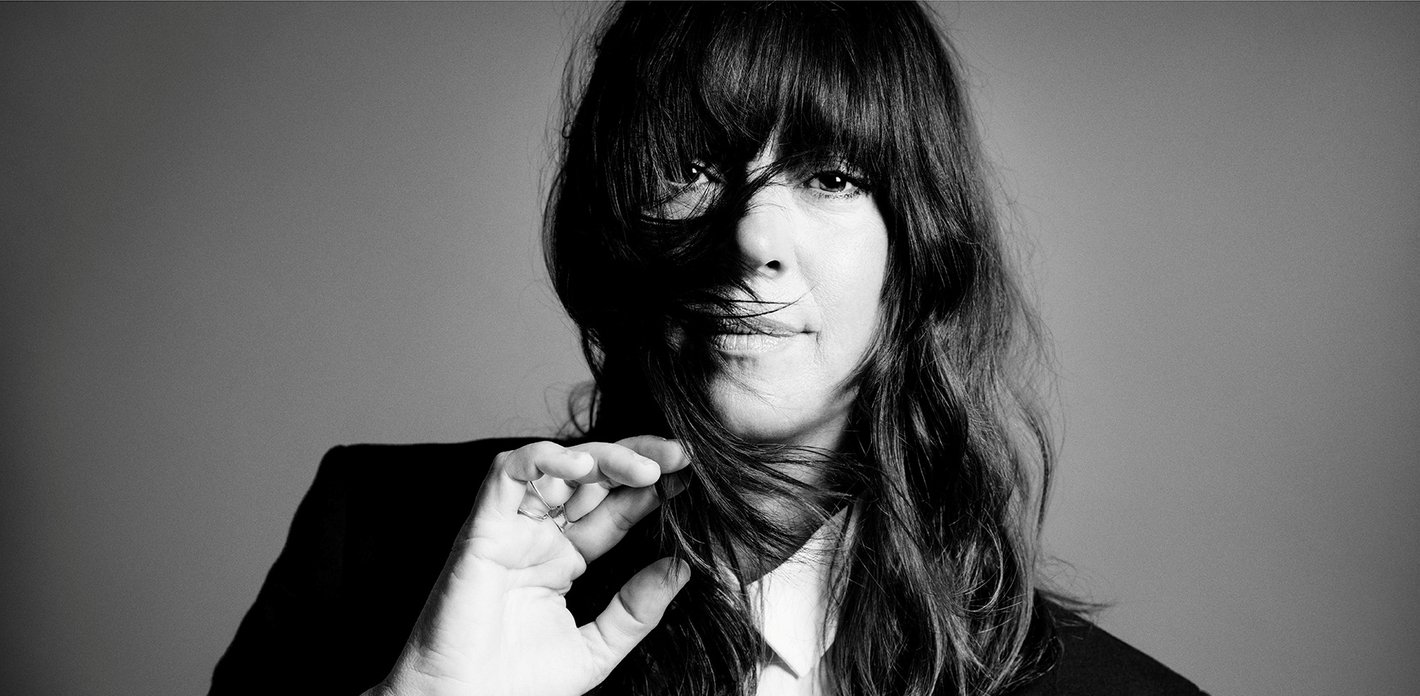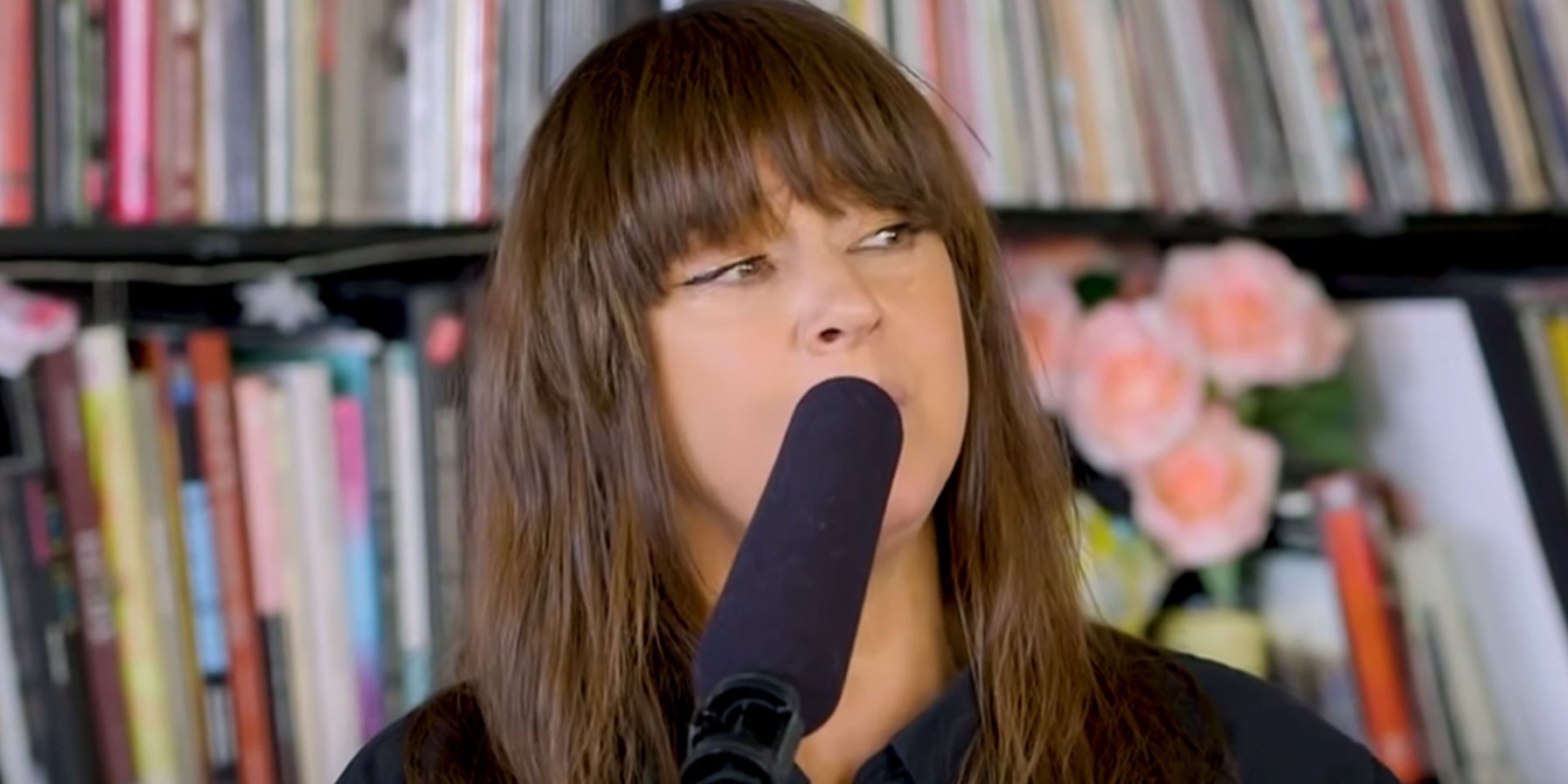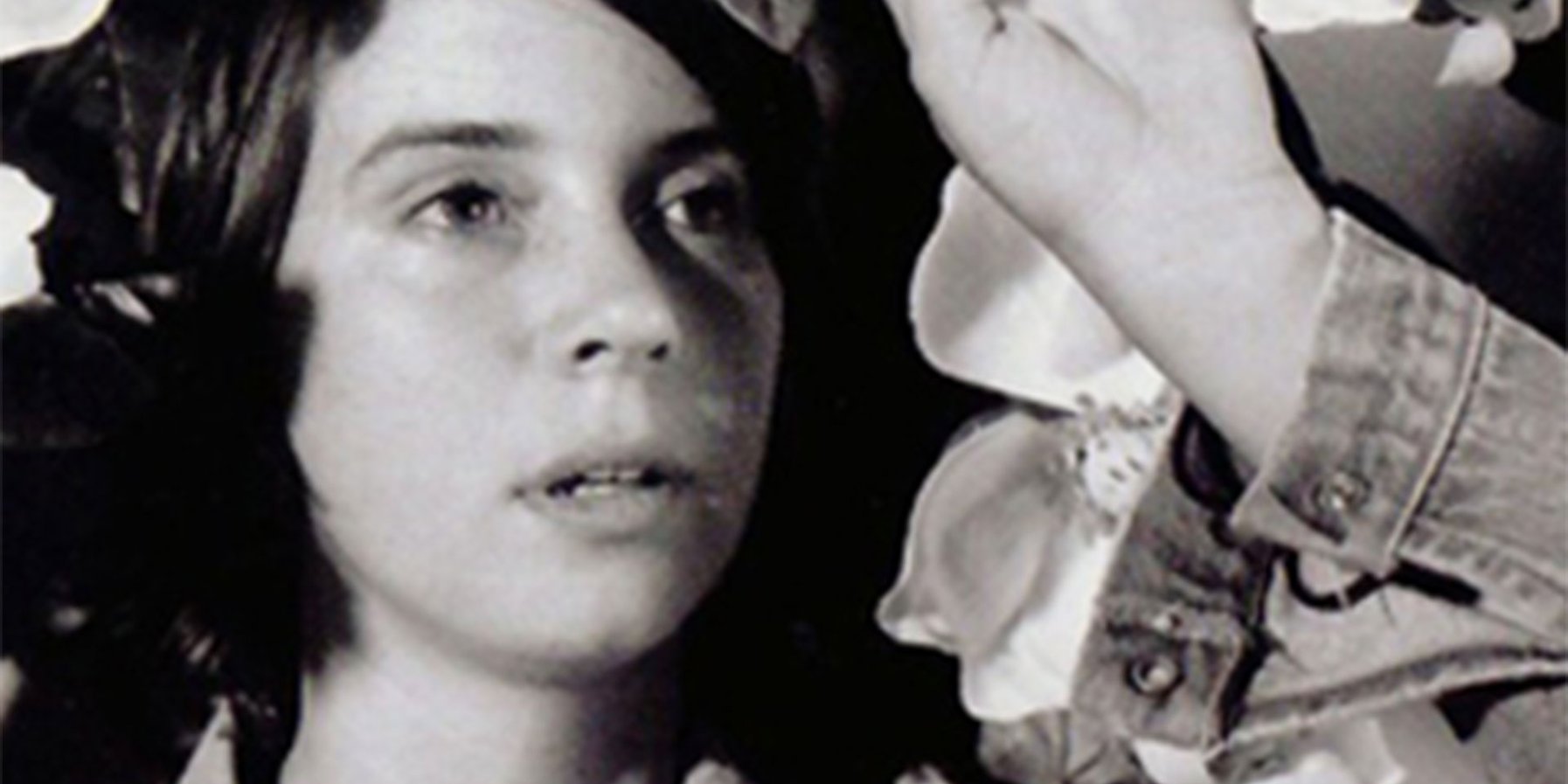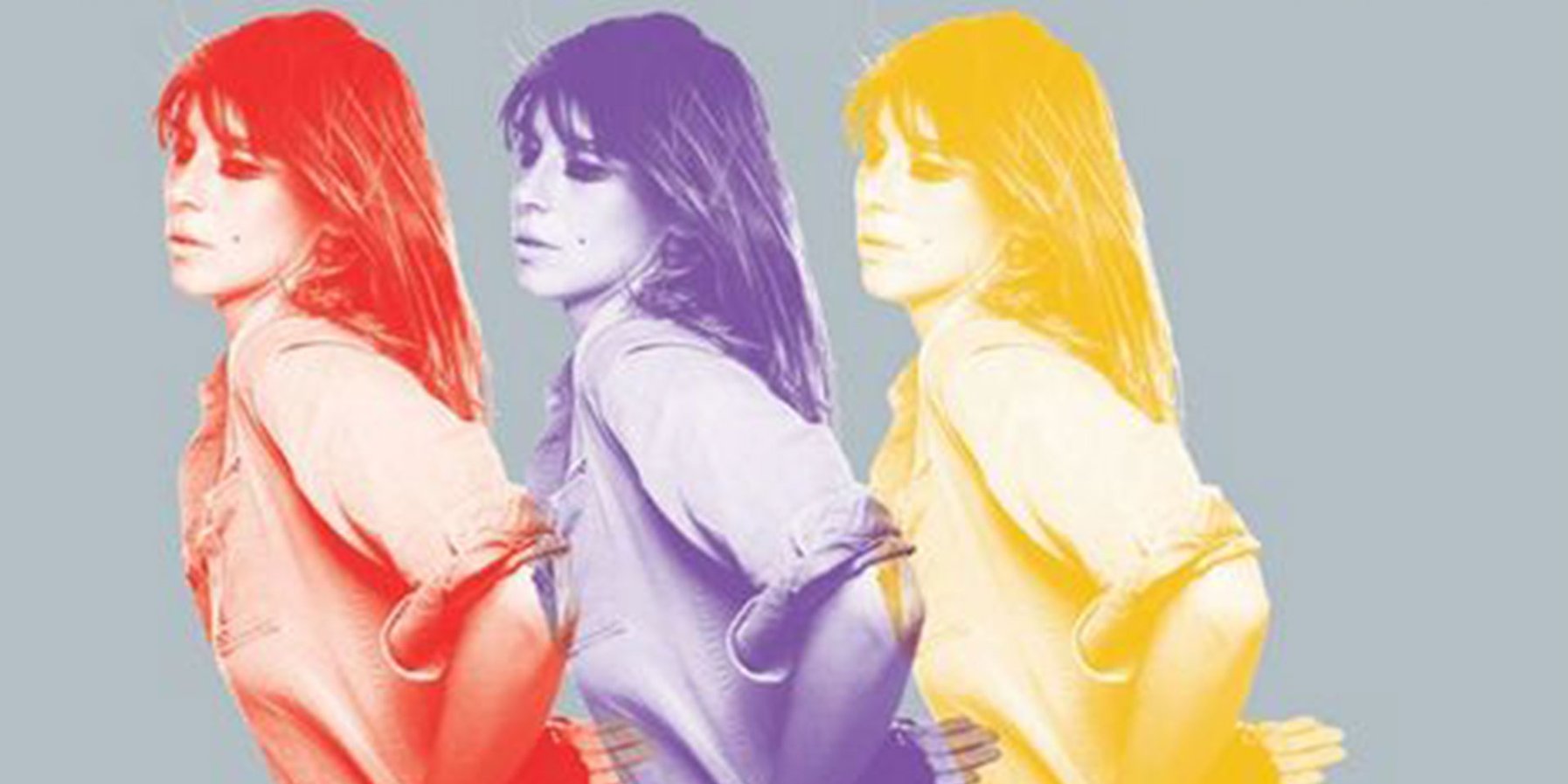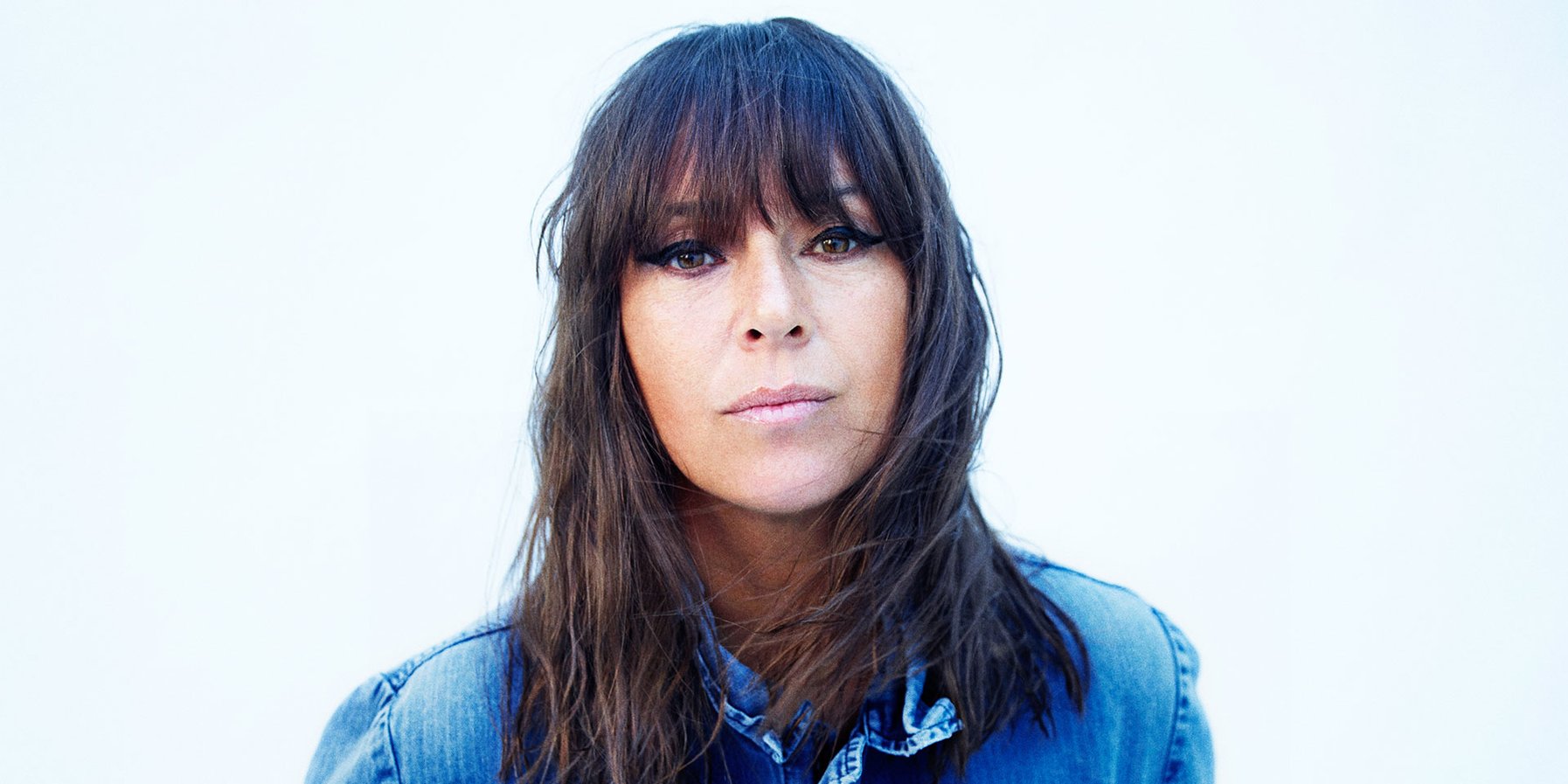Text: Jan Paersch, 22 Jul 2024
Translation: Alison Hindley
England in the very early sixties. The Stones emulate Bo Diddley; the Fab Four, Ray Charles; and both bands deify Chuck Berry. The success stories of the Beatles and the Rolling Stones, as experts agree, would not have taken place had these British youngsters not substantially made use of the rich treasure trove of black rock ’n’ roll made in the USA.
Studying the tricks of your idols, improving your own skills by strumming the works of the greats, using trial and error – this practice is as old as the first string instruments. But in the last century, they took on entirely new forms, even in the United States.
Using idols for your own sound
Firstly, there is a young man by the name of Robert Allen Zimmerman. In the years before he will change his name to Bob Dylan, he borrows, as often as possible, LPs with folk songs and traditional songs from friends; he plays this music in the dark bars and musty coffee houses of New York City. The man, who much later was to be presented with the Nobel Prize for Literature for his own art, does not dare to croak in any Greenwich Village dive in 1961 without decades-old blues songs there. Bukka White, Blind Lemon Jefferson, Woody Guthrie are his idols.

Secondly – a daring leap – a woman by the name of Chan Marshall lives in the same city in the late nineties. She has just released »Moon Pix«, a remarkable album which shows her at the top of her game. She is currently working on a new album, which exclusively comprises cover songs, although her own songs are well received – more on this shortly.
Since her arrival in New York City in 1992, Marshall has been constantly on the move, smoking a lot, drinking a lot. Sometimes, her hair is cropped in a military way, then she wears it long again, added to this kohl black smoky eyes. And this slightly raspy, deep voice! Her songs sound as if they had »arisen by moonlight on a rickety old porch in the Deep South during a ›dark night of the soul‹«. This is how her biographer describes it, quoting the Spanish mystic Johannes vom Kreuz. Chan Marshall also takes on a stage name. At one concert, she sees a man with a cap from the engineering company Caterpillar: »Cat Diesel Power«. From then on, she calls herself Cat Power.
Cat Power’s acoustic set for Tiny Desk
The early years of Cat Power
Charlyn Marshall was born in Atlanta in 1972 and spent her childhood in various southern states. Sometimes, you read that the little girl was raised by her grandmother because her »hippy parents« were overburdened by the baby – the truth might be more complicated. The caregivers in her childhood evidently changed frequently. Besides her granny, other prominent figures include her stepfather with his large record collection. Her mother loves David Bowie’s fictitious character Ziggy Stardust so much that she calls herself »Ziggy« and colours her hair red; her father sings in a band. He also has a baby grand that Chan must not touch – she does though, in secret.

At 16, she buys herself a Silvertone electric guitar. The instrument stands unused in a corner of her bedroom for years. »Some guys kept promising that they would teach me to play it and after a couple of years I should then be able to play half-decently«, Marshall recollected in an interview. »One afternoon, I picked the thing up myself and thought: ›This is really not so hard.‹«
She leaves home, gads about in Atlanta’s punk and experimental scene. An environment with a bad influence, she is seldom sober. »Alcohol was a part of my upbringing«, she later puts on record with typical candour. »When I came to New York City in 1992, I had the feeling of having survived something.«
Three years later, Cat Power records her first three albums almost in one go in Chinatown, the critics praise her raspy lo-fi songwriting. Then comes the fourth album. »Moon Pix« partly emerges after experiencing a psychotic episode; the artist is so mentally stricken that she flees to Australia and goes into a recording studio there. »I had no idea that other artists don’t write songs that are so personal. I simply didn’t know that«, she commented later. »This album healed me as a very confused young person.«
»Moon Pix« reveals a vulnerability and rawness that are rare to find in the pop business. Especially as there are different expectations of women in the nineties; people only know something similar from PJ Harvey. Critics still regard the record today as Cat Power’s magnum opus. The eulogies do no good to the artist at all. »From the first concerts, I was never really present, I always had something in my blood. I felt uneasy in my body, suffered from depression.«
Bringing along covers
At the end of the decade, she only has courage on stage if she has Scotch and anxiety-suppressing tablets inside her. Cat Power plays solo concerts and has a silent film running at the same time to divert attention from herself. Her repertoire consists exclusively of cover versions: by the Stones, The Velvet Underground, Bob Dylan.
The song-writing skills of her idols are Cat Power’s salvation in two senses: they build up her broken self-esteem and they help her to take the next step in her career: »The Covers Record« is released in 2000. It is her most successful album to date, at least in streaming, and her first of several albums exclusively with repertoire from other artists. Bob Dylan is always present, even in her own songs: »Song to Bobby« is a blatant declaration of love to the great singer/songwriter: »I wanna tell you / I’ve always wanted to tell you / But I never had the chance to say / What I feel in my heart from the beginning til my dying day.«
Cat Power sings »Song to Bobby«
»I never had a favourite artist, apart from Bob«, she once declared in an interview. Never before had she heard a man who sings so protectively about women. At 23, Cat Power is on tour in England, smoking a cigarette in front of the Royal Albert Hall in London and imagines that Dylan appears and takes her inside with him. Almost 30 years later, the artist gets a call: within a very short time, she has to decide whether she wants to play in the revered concert hall herself. »Fuck, yeah! But only Dylan!« was her first impulse. »Let’s do something beautiful, elegant. No improv, no fucking deconstruction. Let’s do something genuine and simple.«
Songs to Bobby
Cat Power and her six-piece band plan something unusual: the re-enactment of an entire concert, song by song. It is Bob Dylan’s »Royal Albert Hall Concert – May 27, 1966«, which got its name due to a mislabelled bootleg (the first illicitly issued live recording actually originates from the show in Manchester ten days earlier and was also officially released back in 1998, admittedly under the familiar »incorrect« name). It is a legendary concert because the audience could hear Dylan on the electric guitar for the first time here and he was booed for this by sections of the audience.

In November 2022, the moment has arrived. Cat Power re-enacts the memorable concert in the Royal Albert Hall, all 15 songs from that time, in the same order as once: acoustically in the first set, then electrically in the second. Even the famous »Judas« heckle that befell Dylan because he had broken with the purist traditions of folk music can be heard from the audience.
At the end of 2023, the Cat Power version is also released as an album: »Cat Power Sings Dylan«. Fortunately, she doesn’t overdo it with her faithfulness to the original. She sings Dylan’s »She Belongs to Me« not in the third person, but from the first-person perspective – a real gesture of self-empowerment: »I’ve got everything I need / I’m an artist / don’t look back.« And the harmonica playing of the then 24-year old Dylan appears almost sparse compared with Cat Power’s heartfelt, bluesy howl. The Hammond organ hisses as well, the guitar yelps.
And then her voice is there. Characteristically gravelly, almost brittle, each sound hits home, quite different from the original. Nevertheless, Cat Power will not accept any criticism of the vocal performance of His Bobness: »I just love the guy. When I hear his songs, I never notice that his voice sounds bad or whatever. I notice that his lyrics are fun.«
Since 2023, Cat Power is mostly sober. She will spend almost the whole of 2024 on tour and not be playing anything as Dylan. She has long since not needed any more idols to boost her ego. »It was important to me not to promote myself. I primarily want to feel close to Bob.«
This article appeared in the Elbphilharmonie magazine (issue 3/24).
- Elbphilharmonie Großer Saal
»The 1966 Royal Albert Hall Concert« – Kampnagel International Summer Festival / Elbphilharmonie Summer
Past Concert
